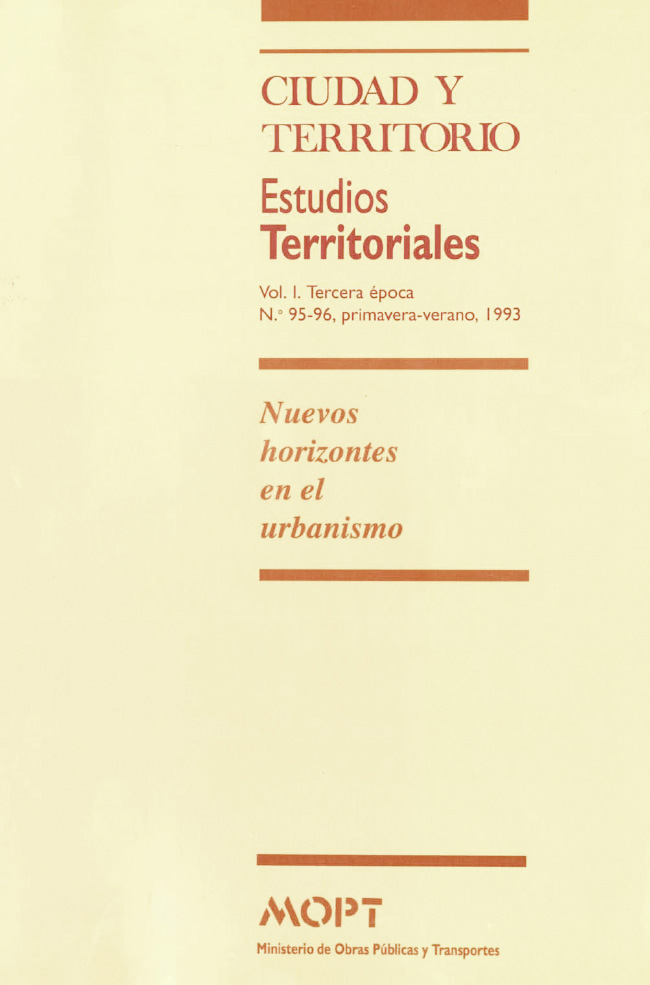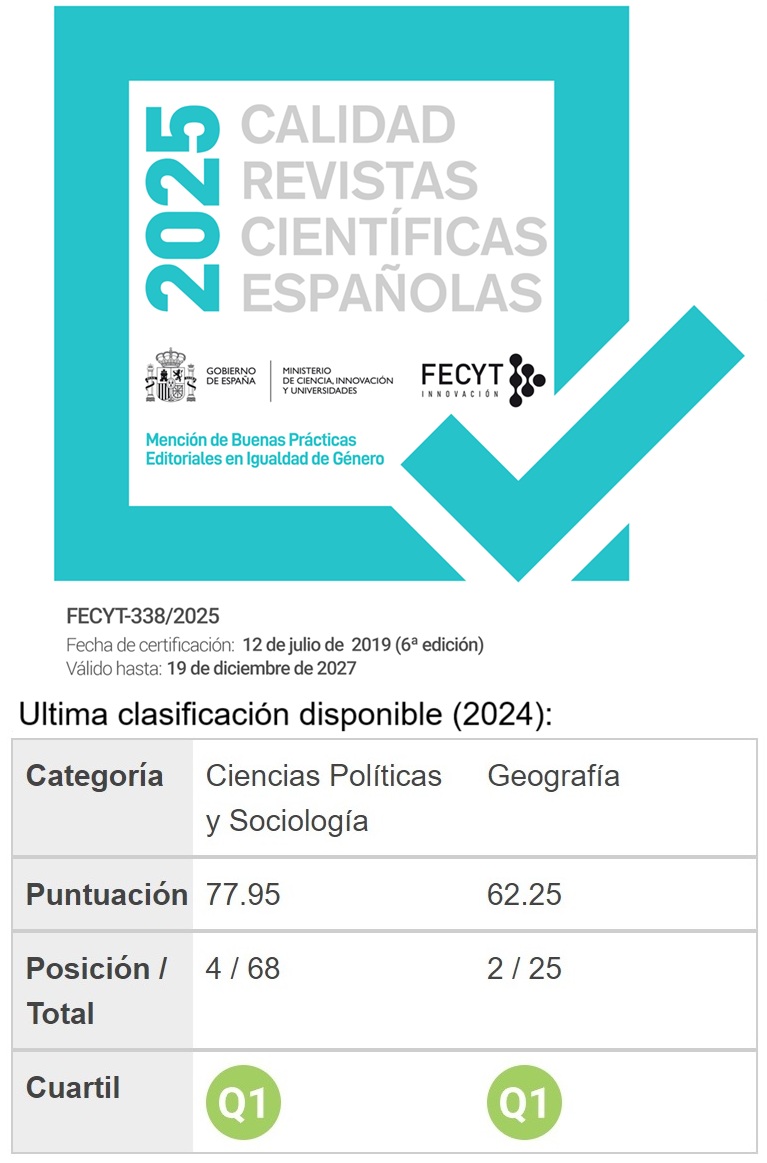Medidas contra la especulación del suelo en la legislación urbanística
Resumen
Tras precisarse que el alcance y fines de la última reforma de la legislación urbanística estatal no se circunscriben a la mera regulación de un conjunto de medidas contra la especulación del suelo, se hacen algunas consideraciones sobre el concepto de especulación de suelo, para concluir que la nueva Ley pretende combatir la retención especulativa del suelo. Se procede a continuación a una diferenciación entre las medidas antiespeculativas que se instrumentan a través de la propia regulación de la propiedad inmobiliaria (sistema de adquisición gradual de facultades urbanísticas, medidas de reacción frente al incumplimiento de deberes urbanísticos y régimen indemnizatorio), y aquellas otras, en general de utilización facultativa, que propician una más eficaz intervención administrativa en el mercado de suelo y vivienda ("normalización" de la expropiación, potenciación de los patrimonios públicos de suelo, derechos de tanteo y retracto, posibilidad de calificar terrenos para construcción de viviendas de protección pública, limitación de la conversión a metálico del deber de cesión, etc.). Se alude también a la incidencia en la materia tratada de las medidas de restablecimiento de la legalidad urbanística. Se concluye afirmando que el conjunto de medidas reguladas son potencialmente suficientes, dependiendo su efectividad del concreto uso que de aquéllas hagan las Administraciones competentes en la materia.
Descargas
Descargas
Publicado
Cómo citar
Número
Sección
Licencia
Derechos de autor 1993 José Manuel Merelo Abela

Esta obra está bajo una licencia internacional Creative Commons Atribución-NoComercial-SinDerivadas 4.0.
Sin perjuicio de lo dispuesto en la legislación vigente sobre Propiedad Intelectual, y conforme a la misma, el/la los/las autor/a/es/as que publiquen en CyTET cede/n a título gratuito, de modo no exclusivo y sin límite temporal al Ministerio de Transportes, Movilidad y Agenda Urbana los derechos para difundir, reproducir, comunicar y distribuir en cualquier formato actual o futuro, en papel o electrónico, la versión original o derivada de su obra bajo licencia de Creative Commons Reconocimiento-NoComercial-SinObraDerivada 4.0 Internacional (CC BY-NC-ND 4.0), así como para incluir o ceder a terceros la inclusión de su contenido en índices, repositorios y bases de datos nacionales e internacionales, con referencia y reconocimiento en todo caso de la autoría del mismo.
Además, al realizar el envío, el/la los/las autor/a/es/as declara/n que se trata de un trabajo original en el que se reconocen las fuentes que han sido utilizadas en su estudio, comprometiéndose a respetar la evidencia científica y a no modificar los datos originales para verificar o refutar una hipótesis de partida; que el contenido esencial del mismo no ha sido publicado previamente ni se publicará en ninguna otra obra o revista mientras esté en proceso de evaluación en la revista CyTET; y que no se ha remitido simultáneamente a otra publicación.
Los autores deben firmar un Formulario de Cesión de Derechos, que les será enviado desde la Secretaría de CyTET una vez se acepte su artículo para ser publicado.
Con el objetivo de favorecer la difusión del conocimiento, CyTET se adhiere al movimiento de revistas de Open Access (OA) y entrega la totalidad de sus contenidos a diversos índices, repositorios y bases de datos nacionales e internacionales bajo este protocolo; por tanto, la remisión de un trabajo para ser publicado en la revista presupone la aceptación explícita por parte del autor/a de este método de distribución.
Se anima a las/os autoras/es a reproducir y alojar sus trabajos publicados en CyTET en repositorios institucionales, páginas web, etc. con la intención de contribuir a la mejora de la transferencia del conocimiento y de la citación de dichos trabajos.








 Enlace a CyTET en Linkedin
Enlace a CyTET en Linkedin